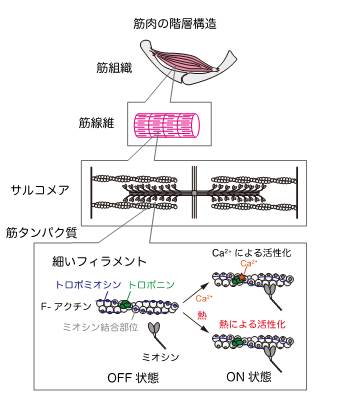2023-10-19 ワシントン大学セントルイス校
◆抗生物質の使用には一時的なリスクがあるものの、持続的な腸内微生物叢の改善の利益がそれを上回る可能性があることを示しており、栄養不良の治療において抗生物質の使用は続けるべきであると結論しました。
<関連情報>
- https://source.wustl.edu/2023/10/antibiotic-treatment-in-malnourished-children-improves-gut-microbiome-development/
- https://www.thelancet.com/journals/lanmic/article/PIIS2666-5247(23)00213-6/fulltext
ニジェール、マダルーファの重症急性栄養失調児の腸内マイクロバイオームに対するアモキシシリンの効果:プラセボ対照試験のレトロスペクティブメタゲノム解析 Effect of amoxicillin on the gut microbiome of children with severe acute malnutrition in Madarounfa, Niger: a retrospective metagenomic analysis of a placebo-controlled trial
Drew J Schwartz,Amy Langdon,Xiaoqing Sun,Céline Langendorf,Fatou Berthé,Rebecca F Grais,Indi Trehan,Sheila Isanaka,Gautam Dantas
The Lancet Microbe Published:October 19, 2023
DOI:https://doi.org/10.1016/S2666-5247(23)00213-6

Summary
Background
Children with severe acute malnutrition are treated with antibiotics as outpatients. We aimed to determine the effect of 7 days of amoxicillin on acute and long-term changes to the gut microbiome and antibiotic resistome in children treated for severe acute malnutrition.
Methods
We conducted a secondary analysis of a randomised, double-blinded, placebo-controlled trial (NCT01613547) of amoxicillin in children (aged 6–59 months) with severe acute malnutrition treated as outpatients in Madarounfa, Niger. We randomly selected 161 children from the overall cohort (n=2399) for initial 12-week follow-up from Sept 23, 2013 to Feb 3, 2014. We selected a convenience sample of those 161 children, on the basis of anthropometric measures, for follow-up 2 years later (Sept 28 to Oct 27, 2015). Children provided faecal samples at baseline, week 1, week 4, week 8, week 12, and, for those in the 2-year follow-up cohort, week 104. We conducted metagenomic sequencing followed by microbiome and resistome profiling of faecal samples. 38 children without severe acute malnutrition and six children with severe acute malnutrition matching the baseline ages of the original cohort were used as reference controls.
Findings
In the 12-week follow-up group, amoxicillin led to an immediate decrease in gut microbiome richness from 37·6 species (95% CI 32·6–42·7) and Shannon diversity index (SDI) 2·18 (95% CI 1·97–2·39) at baseline to 27·7 species (95% CI 22·9–32·6) species and SDI 1·55 (95% CI 1·35–1·75) at week 1. Amoxicillin increased gut antibiotic resistance gene abundance to 6044 reads per kilobase million (95% CI 4704–7384) at week 1, up from 4800 (3391–6208) at baseline, which returned to baseline 3 weeks later. 35 children were included in the 2-year follow-up; the amoxicillin-treated children (n=22) had increased number of species in the gut microbiome compared with placebo-treated children (n=13; 60·7 [95% CI 54·7–66·6] vs 36·9 [29·4–44·3]). Amoxicillin-treated children had increased Prevotella spp and decreased Bifidobacterium spp relative to age-matched placebo-treated children, indicating a more mature, adult-like microbiome.
Interpretation
Amoxicillin treatment led to acute but not sustained increases in antimicrobial resistance genes and improved gut microbiome maturation 2 years after severe acute malnutrition treatment.
Funding
Bill & Melinda Gates Foundation; Médecins sans Frontières Operational Center Paris; National Institute of Allergy and Infectious Diseases; National Institute of General Medical Sciences; Eunice Kennedy Shriver National Institute of Child Health and Human Development; Edward Mallinckrodt Jr Foundation; Doris Duke Foundation.


